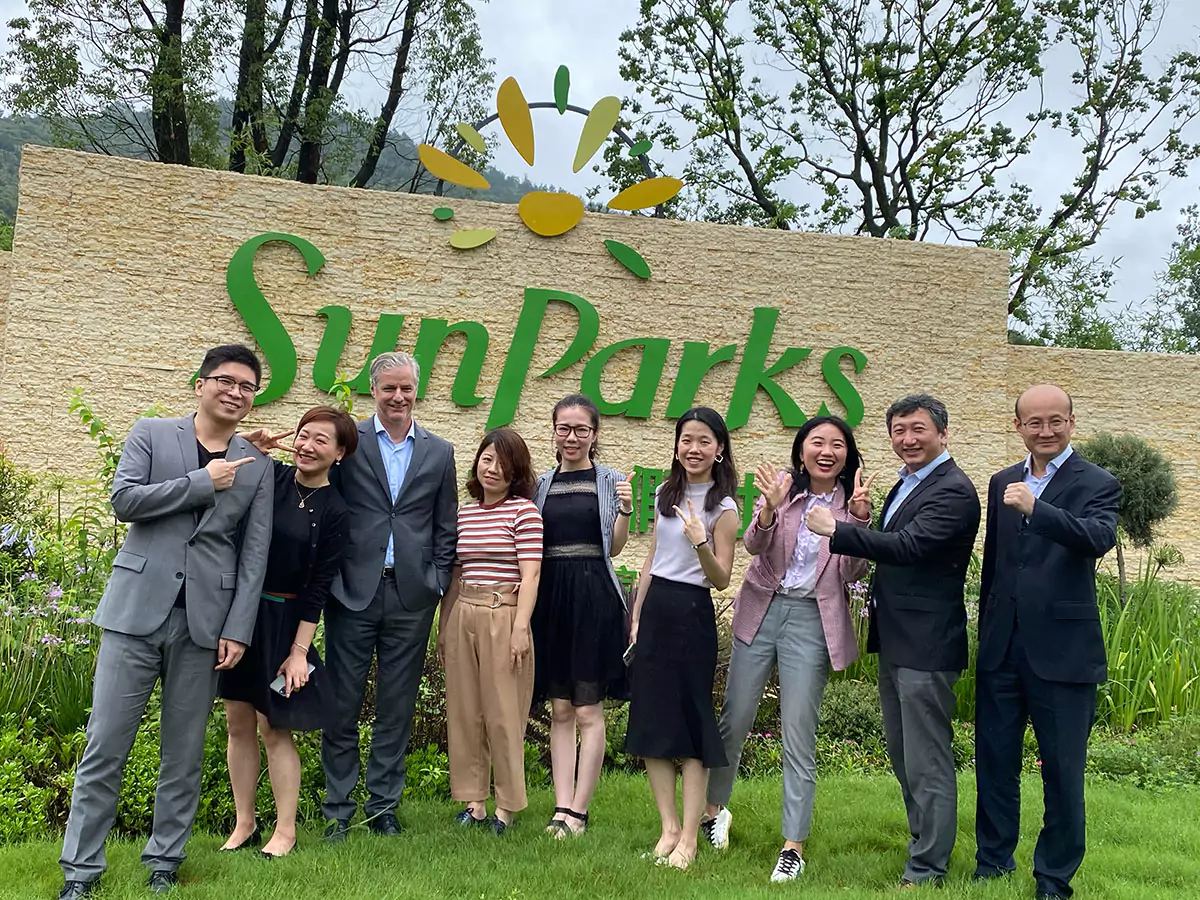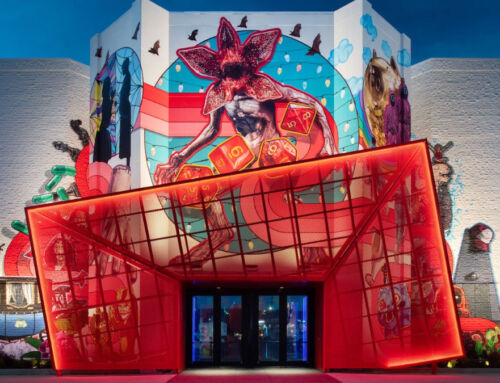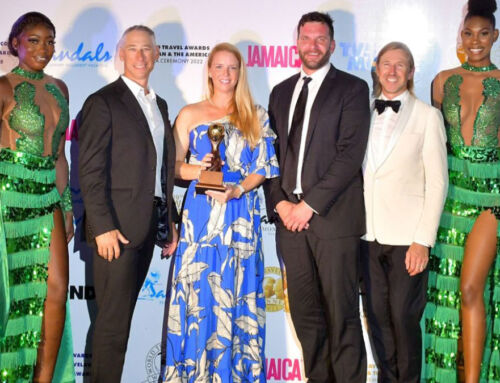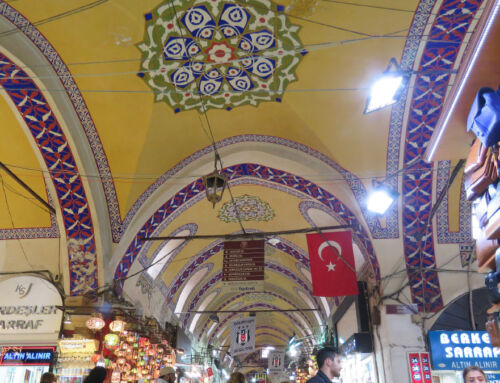Interview with Mr. Huub Tak, specialist and developer of leisure concepts for Beau Village Tourism Development Co. Ltd in the Chinese and Asian market.
Amusement Logic: You studied physical education and then a Master in Business Imagineering, an interesting combination. Could you comment on how this influenced your career?
Huub Tak: I studied first physical education and later I did my master degree in Imagineering, being business development for the touristic industry. By doing physical education first I learned a lot about the role of vitality and health in the education of kids and youngsters. Later in my career in the touristic industry this gave me a lot of insights in leisure family behaviour and these insights helped me in my work as a leisure concept developer. For example, we created a totally new kids activity concept for the European Center Parcs resorts in France, Belgium, Germany and Holland by using these insights.
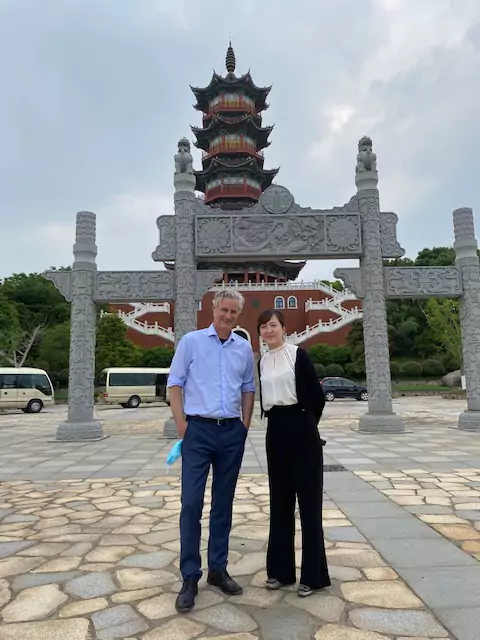
A.L.: You were with Gran Dorado, the largest Dutch vacation village operator at the time, when taken over by Pierre et Vacances (who also acquired Center Parcs). It was a commotion in the industry many people have forgotten about. Even the Dutch Competition Authority got involved. Can you tell us how you remember it?
H.T.: From Gran Dorado, via Pierre et Vacances (P&V), to Center Parcs (CP). When this merger was done there was indeed a lot of commotion in the industry because at that moment CP & Gran Dorado were competitors in the market of the ‘short break holiday’ business. For me this joint venture was very good because it gave me new opportunities to expand my career and I immediately applied for a vacancy job at the CP head office which I managed to get. This was the start for me as a concept development manager for the new joint venture and no longer be busy with operational management on a resort.
A.L.: Now, let’s talk about the present, starting with the basics: what is exactly your role in Beau Village Tourism Development Co., Ltd., and how does it relate to Pierre & Vacances Center Parcs?
H.T.: I work as a Leisure director of operations for Beau Village Tourism Development Co. Ltd (BVT) and I’m (together with my team) responsible for the Leisure concept(s) of our brand in China. BVT China is a joint venture with 3 shareholders, P&V and 2 Chinese partners. We have a portfolio of 4 different holiday concepts in China; our main brand is called SUNPARKS and this is to be compared with an European full size CP holiday resort including all the unique pillars like Aqua Mundo, Baluba, Action Factory, and Market Dome. On average, the capacity is around 1.000 to 1.200 accommodation units and has a total guest capacity of 3.000 guests. Beside this we have the P&V-Waterpark, which has similar accommodation capacity but no villas and no focus on nature; the big waterpark is the unique selling point. Then we have P&V-Nature, which focuses more on experiencing the natural surroundings of the resort without the high level of central facilities and we have P&V-Residence which are serviced apartments near a city or a unique local feature like a day attraction park or a ski area in the mountains.
A.L.: How difficult was it to establish such a “European” concept in the Chinese market and what challenges did you face?
H.T.: Of course to enter the Chinese market with a typical European concept requires adaptation to the local market and it’s consumers. We know that this kind of holiday concept, where we offer an all season short break holiday destination for families and friends in a place near the city but always full in nature and where we offer high quality facilities for accommodation and leisure, is not known in China yet. We also know that the demand for new holiday concepts, in a time that Chinese consumers spend more money on holiday and find family quality time during their holiday, is important, is growing, so there’s obviously a huge market for us to enter. Based on our European concept we started to adapt parts of it towards the needs and demands of our new Chinese guests.
A.L.: What are the main unique features of Chinese customers?
H.T.: Chinese consumers’ needs and demands for holiday concepts are based on their culture and tradition; me, as a leisure development manager, try to integrate this for example into our kids activity program, what we call Kids Klub. For our Yixing project, our first project, which will be opened during the Chinese new year 2021 (February, 2021), we studied the local culture and history of Yixing and found out that pottery and tea picking are important. We integrated this into activities for kids where they can learn how to do pottery and they can join educational workshops where they learn about tea-picking and the tea making process. To combine holiday fun with education and local history and culture is one of the specific items we developed for this project to meet the Chinese consumer’s needs and demands.
A.L.: What are your expansion plans for China and other Asian markets?
H.T.: Our strategy in Asia/China is that we first focus on the opening of our resort in the Yixing area (3 hours drive from Shanghai) so that we can use this as a showcase for the Chinese market and they know we have entered this market. This is important for us to interest the Chinese consumer as well as the new potential investors for our future business. Next to this we currently work on 12 other projects all over China to develop our holiday concepts and resorts. In the next few years we hope to open more resorts every year and to be competitive in the short break holiday market in China.


